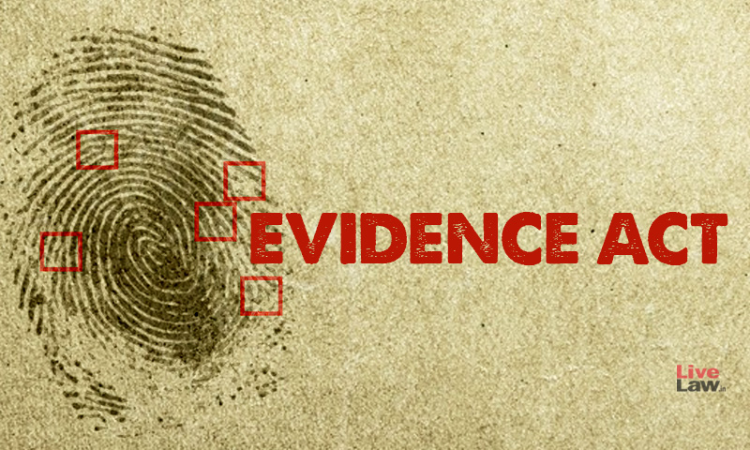Debunking Legal Myths On Hostile Witness Under The Indian Evidence Act, 1872
Anchit Bhandari & Hardik Gautam
15 July 2020 7:27 PM IST

Next Story
15 July 2020 7:27 PM IST
According to Jeremy Bentham, "Witnesses are the eyes and ears of justice" It is a conventional rule of criminal jurisprudence that the guilt of an accused is to be proved beyond all reasonable doubts, until then, he shall be presumed to be innocent. As a general rule of criminal law, for proving the guilt of an accused, the burden is always casted upon the Prosecution as mandated...
